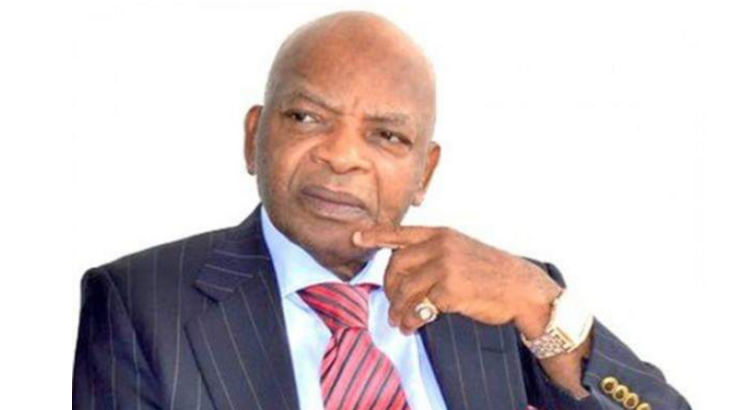The political landscape of Enugu State recently became a stage for a contentious debate sparked by billionaire businessman, Arthur Eze’s assertion that President Bola Tinubu had endorsed Governor Peter Mbah for a second term. This claim, made during an event commemorating Mbah’s second year in office, ignited a swift and sharp rebuttal from the All Progressives Congress (APC) in Enugu. Eze’s statement, which attributed Tinubu’s purported endorsement to Mbah’s “character and honesty,” was immediately dismissed by the APC as “misleading and self-serving.” The party cautioned the public against accepting Eze’s pronouncements, emphasizing his lack of authority to speak on behalf of the President.
The APC’s response highlighted several key points to discredit Eze’s claim. Firstly, they pointed out that Eze is neither a member of the APC nor did he support Tinubu during the 2023 presidential election. In fact, the APC asserted that Eze actively opposed Tinubu’s candidacy, lending his support to a rival candidate. This, according to the APC, rendered Eze unqualified to speak for the President or accurately represent his views. Secondly, the APC emphasized that President Tinubu had not publicly endorsed any governor for re-election, including Governor Mbah. This overarching denial cast doubt on the veracity of Eze’s claim and suggested an attempt to leverage the President’s name for political advantage.
The APC further bolstered its argument by referencing similar instances where Eze had made comparable claims in other states, including Anambra. In the Anambra case, President Tinubu subsequently clarified his support for the APC governorship candidate, Nicholas Ukachukwu, directly contradicting Eze’s earlier pronouncements. This precedent, according to the APC, exposed a pattern of misleading endorsements by Eze, further undermining the credibility of his claim regarding Governor Mbah. The APC characterized Eze’s statements as “propaganda” designed to bolster the image of an administration they deemed “anti-people.”
The APC’s counter-narrative painted a picture of a governor struggling with internal crises and seeking to exploit the perceived prestige of a presidential endorsement to divert attention from these challenges. They specifically alluded to the ongoing leadership tussle within the Peoples Democratic Party (PDP) concerning the national secretary position. By linking Mbah’s alleged pursuit of a presidential endorsement to internal party conflicts, the APC sought to portray the governor as insecure and politically vulnerable. This narrative aimed to undermine Mbah’s standing and cast doubt on his leadership capabilities.
Furthermore, the APC’s response highlighted the potential dangers of allowing unsubstantiated endorsements to influence public perception. By emphasizing Eze’s lack of affiliation with the APC and his past opposition to Tinubu, the party sought to expose the potential for manipulation and misinformation in the political landscape. The APC’s strong rebuttal served as a warning against accepting claims at face value, particularly when they originate from individuals with no clear mandate to speak on behalf of prominent political figures.
In essence, the clash between Arthur Eze’s claim of a presidential endorsement for Governor Mbah and the APC’s vehement denial represents a microcosm of the broader political dynamics at play in Enugu State. It underscores the significance of political endorsements, the potential for their manipulation, and the importance of critical evaluation of such claims. The APC’s robust response not only challenged the veracity of Eze’s statement but also sought to position itself as a vigilant watchdog against misinformation and a defender of democratic principles. The incident also served to illuminate the underlying tensions and power struggles within the state’s political arena, highlighting the ongoing contest for influence and control.


